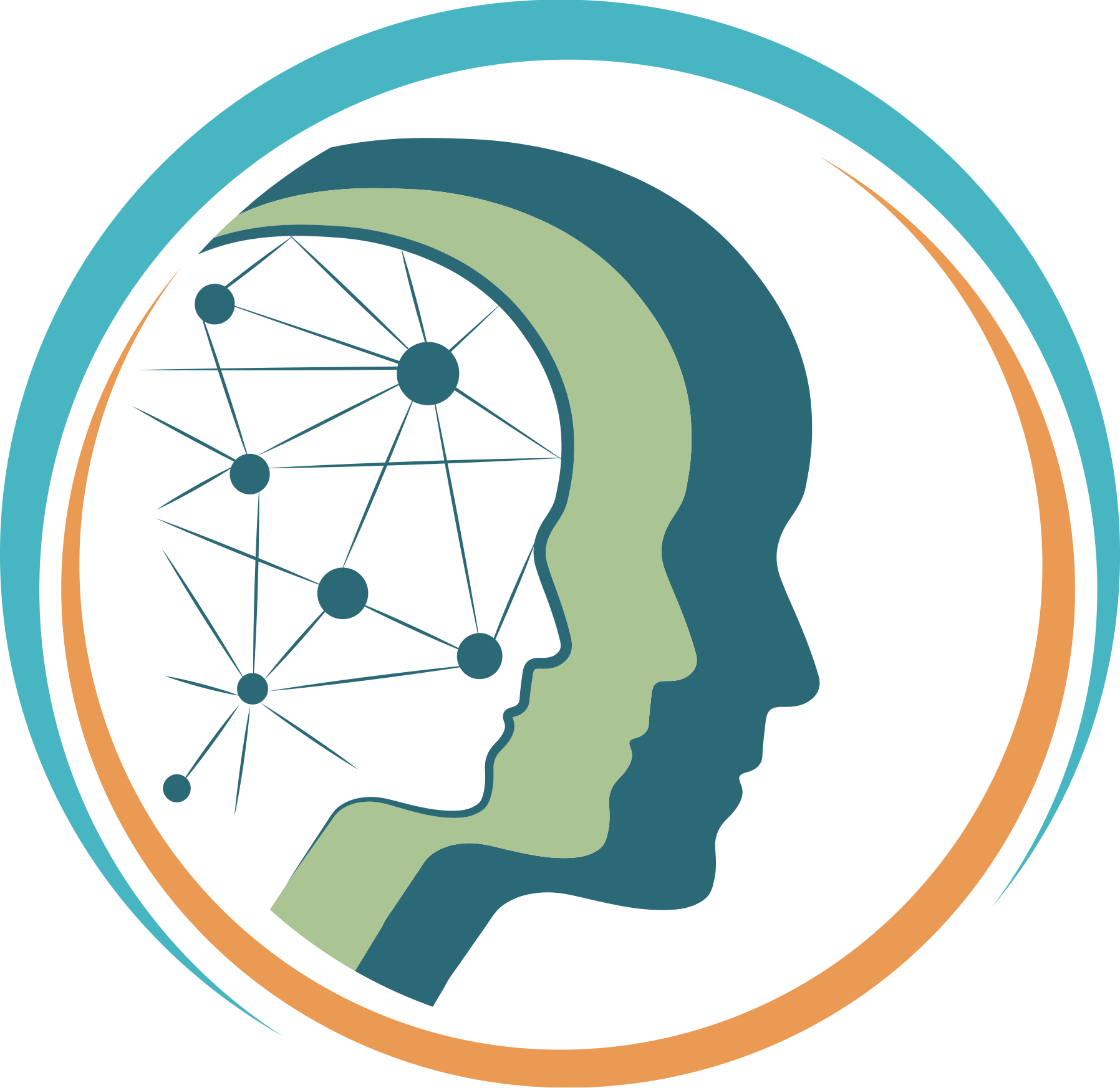The Attachment and Trauma Center Institute
Over the years, I have worked with many adults who were adopted as infants or adopted from overseas or from the U.S. foster system. A common theme I have heard from every adult was, “No one ever talked to me about being adopted. No one talked to me about the things I had experienced. No one ever explained to me about my biological family. No one ever asked me how I felt about any of it, and I thought it wasn’t OK for me to ask.” They describe growing up feeling alone, confused, and insignificant. The words of these adults provide important information for all of us: Children need the adults to approach the difficult topics with them.
I have run into several myths over the years that lead well-meaning grown-ups to leave children in the dark:
Myth #1. If my child experienced some difficult events in his past, discussion of these events will be harmful to him.
Response: Naturally, a child shouldn’t be told inappropriate and overwhelming details of his past, and the past should be discussed with attunement to the child’s level of development and maturity–but making the subject off-limits is emotionally damaging to your child.
Myth #2. If I don’t talk about my child’s past with him, he will eventually forget all about it so that it won’t be an issue for him.
Response: Sometimes the unspoken past becomes an elephant in the room. It looms large, it never goes away, it feels like a big obstacle, and the child feels helpless to do or say anything. Children will say nothing because they believe they are supposed to say nothing. Remember, too, that events that are buried in the subconscious will continue to impact your children’s thoughts, feelings, and behaviors.
Myth #3. If my child hasn’t brought up his past, it means he doesn’t think about it and it isn’t an issue.
Response: Remember back to your own childhood. Think about all the things you thought about, wrote about in journals or diaries, or talked with your friends about that you would never have imagined discussing with your parents. Children are like icebergs—we only see a little piece of them on the surface. We have to connect and reach out to understand children’s innermost feelings and thoughts.
Many children are full of erroneous beliefs and ideas. By talking with your children and staying emotionally present to them, they feel safe to ask questions and express their feelings, and you can provide reassurance and help correct any erroneous beliefs and ideas they may be carrying. Children with a traumatic past need to be frequently reminded that they are lovable, that they did not cause the traumatic events, and that their current parents love them and will always be there for them.
Many traumatized children and their parents need the assistance of a mental health practitioner skilled in working with trauma, because trauma impacts thoughts, feelings, and behaviors and interrupts typical developmental tasks of childhood.

